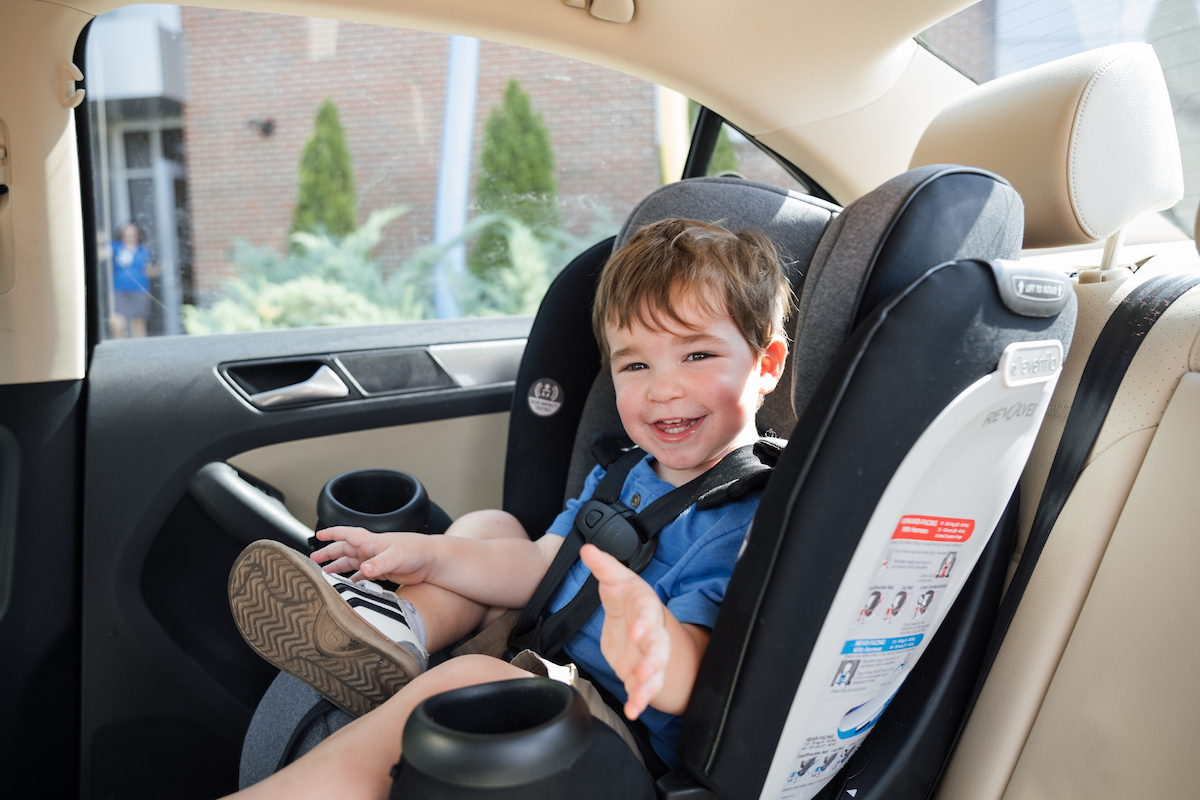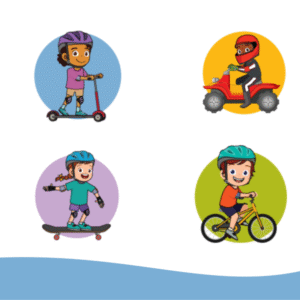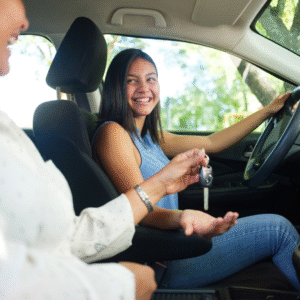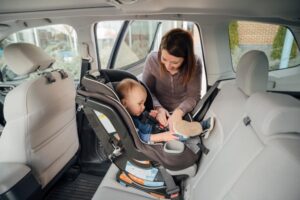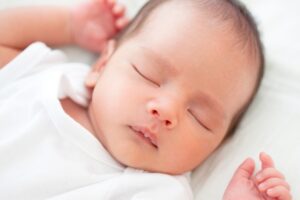injury prevention
Dayton Children’s Hospital is dedicated to helping families prevent injuries before they happen—at home, on the road and in the community.
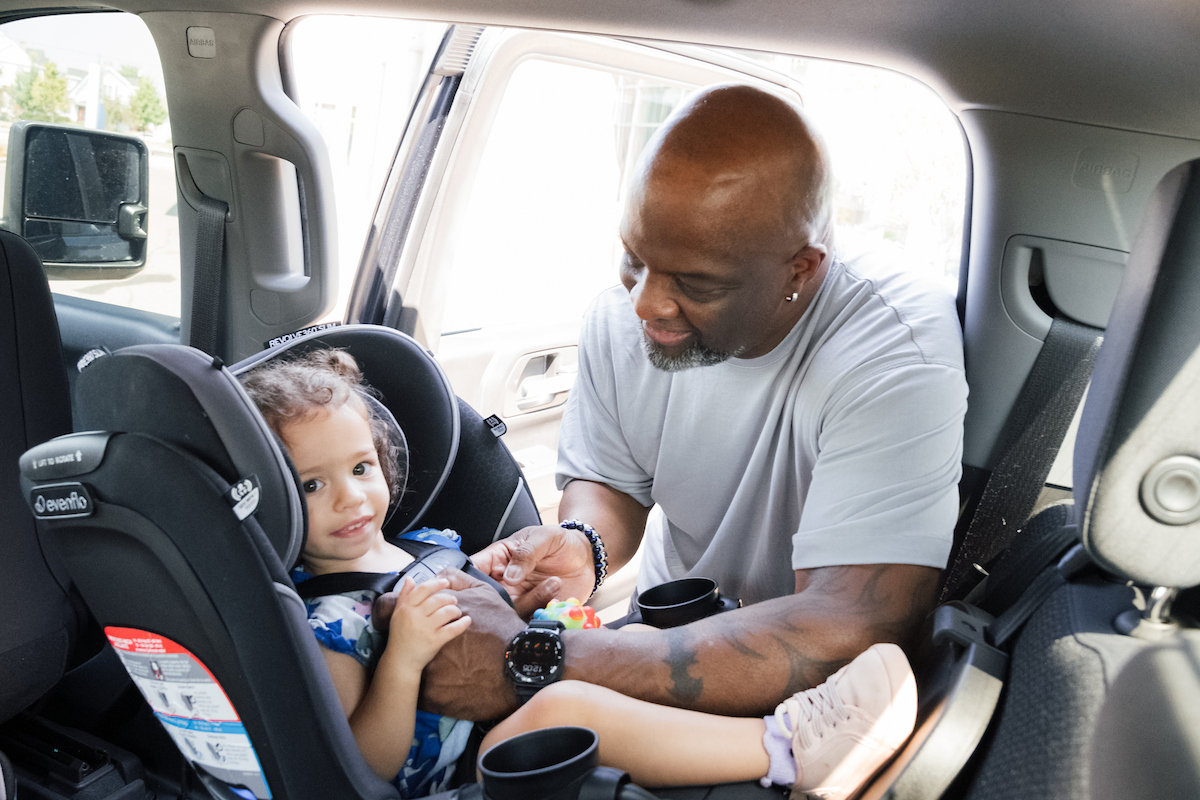
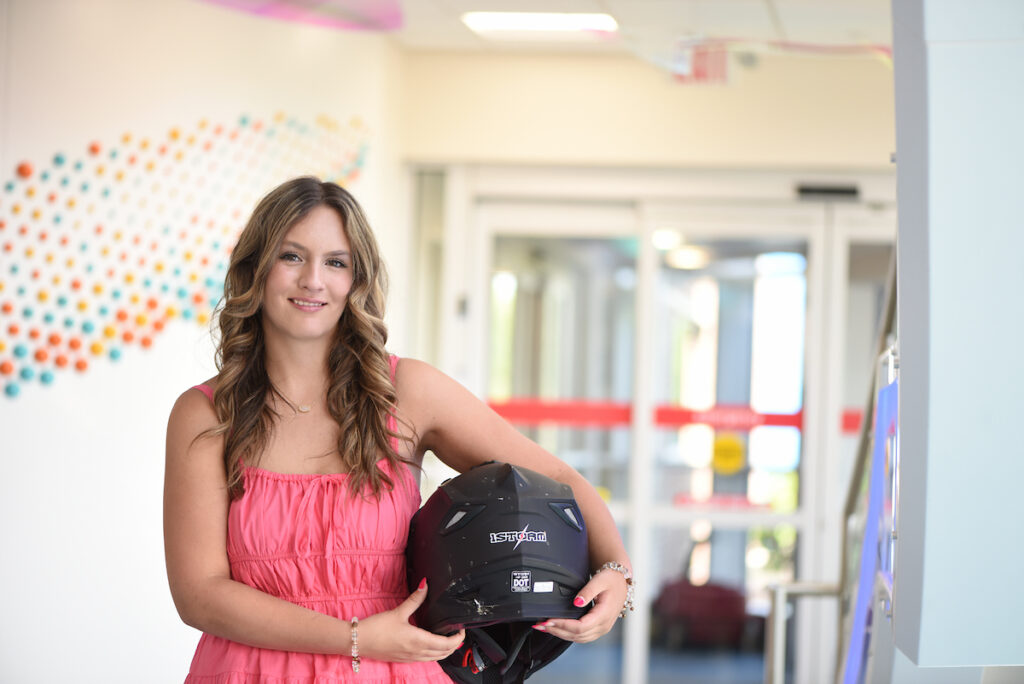
what is injury prevention?
Injury prevention focuses on reducing the risk of serious harm from everyday activities—like driving, biking, playing or even sleeping. Because injuries are the leading cause of death and disability in children across the U.S., prevention plays a vital role in protecting kids’ health and wellbeing.
Through education, outreach and community partnerships, injury prevention programs teach families how to make safe choices, use protective gear correctly and create safer environments for kids to grow and explore.
the Dayton Children’s difference
At Dayton Children’s, injury prevention is an essential part of our Level 1 Pediatric Trauma Program—the region’s only trauma center verified by the American College of Surgeons. Our team doesn’t just care for injured children; we work every day to keep them safe in the first place.
We lead Safe Kids Greater Dayton, part of the global Safe Kids Worldwide network, to provide safety education and resources across multiple counties, including Butler, Darke, Greene, Miami, Montgomery and Warren county. Through these partnerships, community events and evidence-based programs, we’re helping families build lifelong safety habits that reduce preventable injuries and save lives.
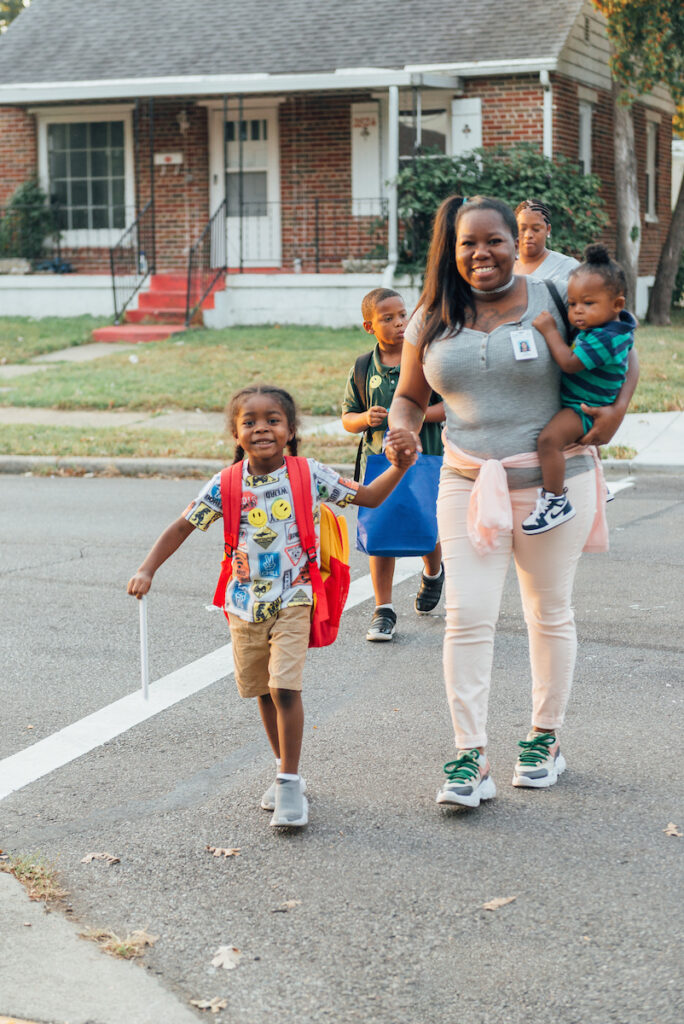
safety programs
Helping families keep kids safe at every age, from car seats and cribs to bikes and beyond.
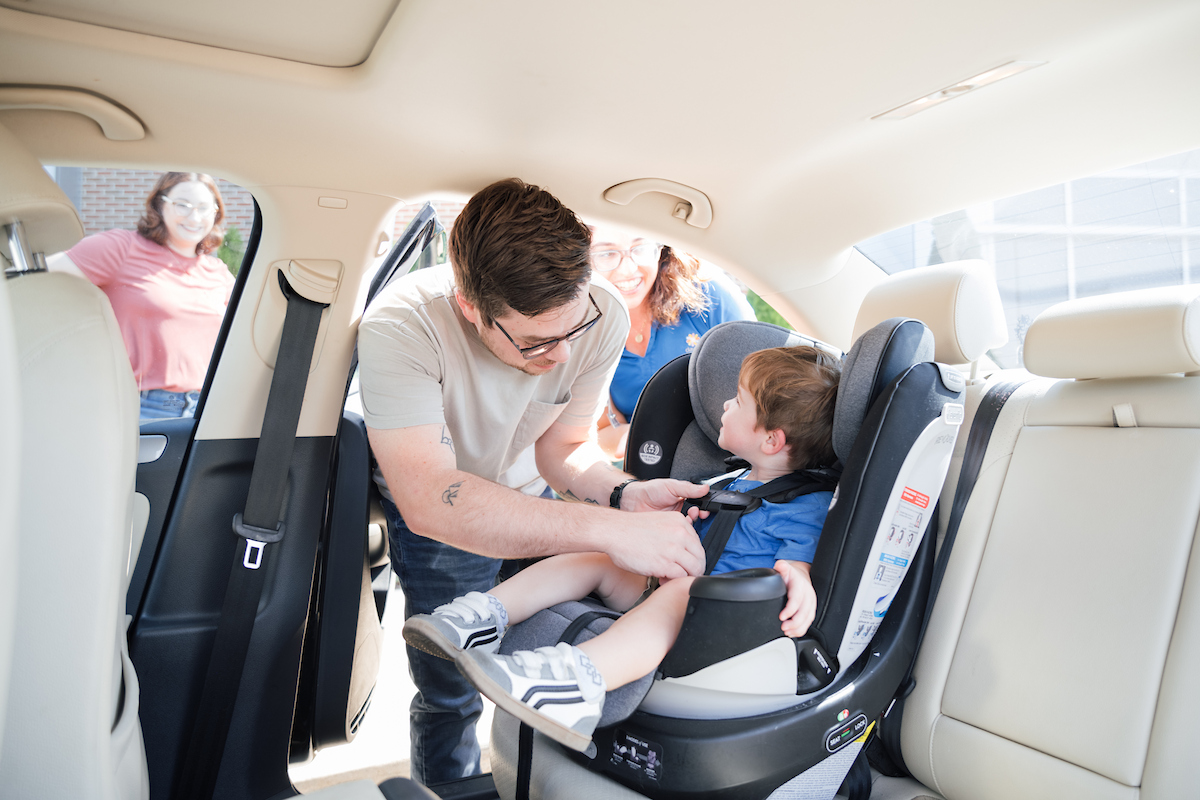
car seat safety program
Certified technicians help families choose, install and use car seats correctly to keep every ride safe.
learn more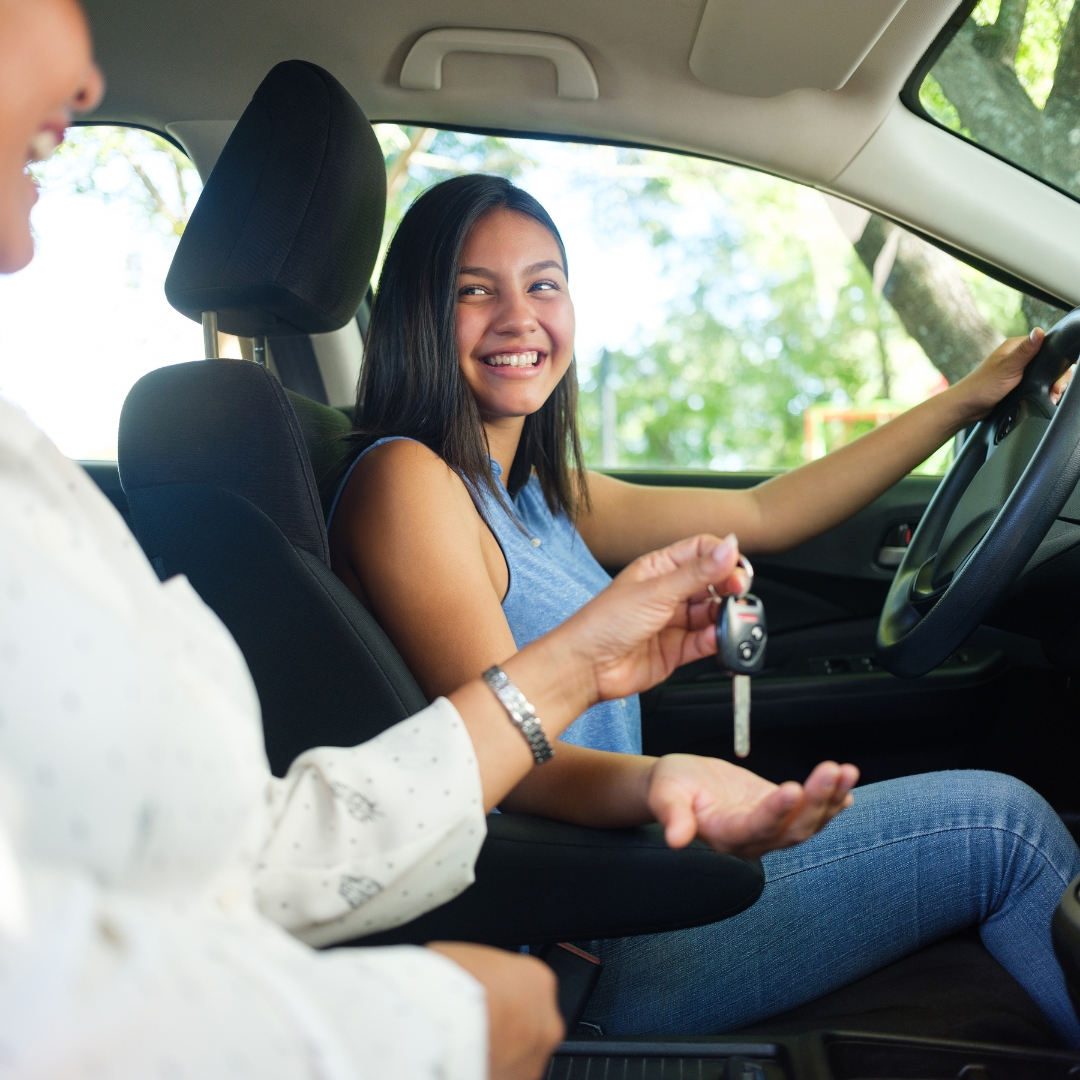
navigating teen driving together
Support and resources to help parents guide their teens toward safe, confident driving.
learn more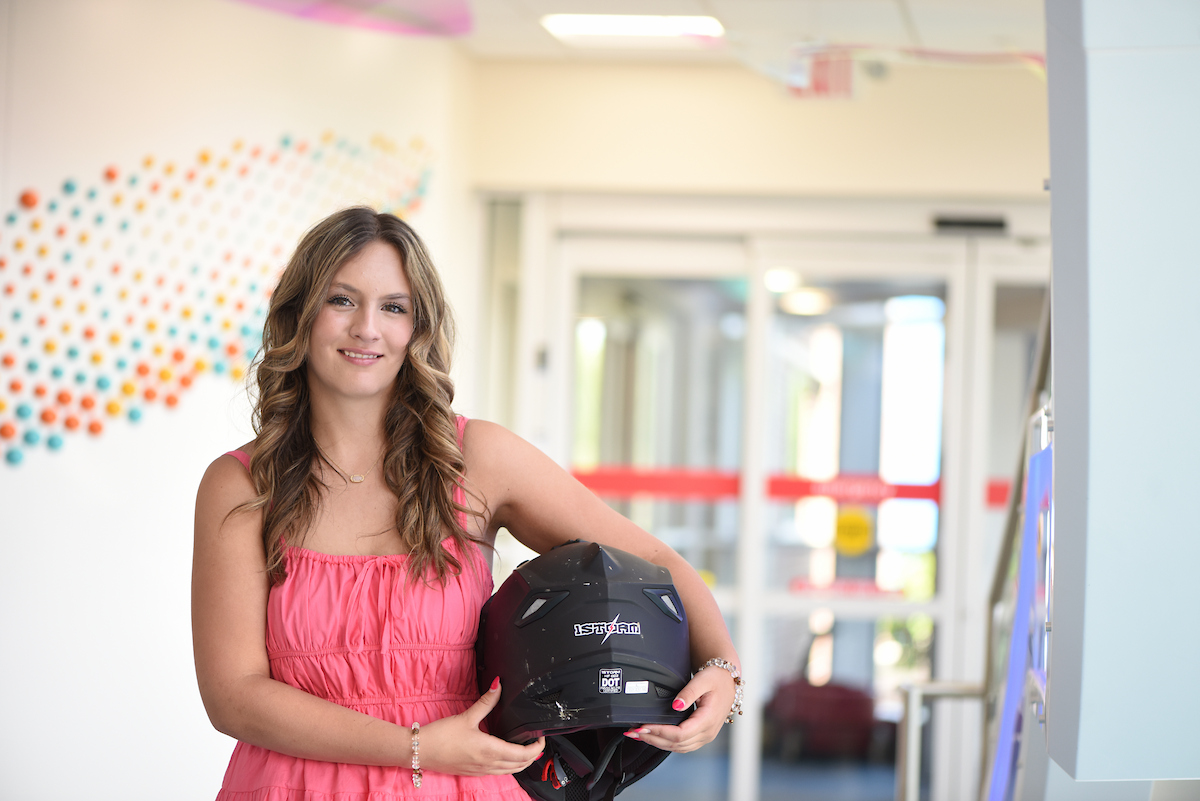
helmet safety: bikes, scooters and more
Tips and training for safe fun on bikes, scooters and other wheeled toys—helmets included!
learn moresafe sleep resources
At Dayton Children’s, we want every baby to sleep safely, both in the hospital and at home. The American Academy of Pediatrics (AAP) provides guidance on creating a safe sleep environment. Explore these trusted resources to learn how to create a safe sleep space for your baby and reduce the risk of sleep-related incidents.
filter by category
learn more, stay safe
Find more tips and resources designed to help keep your kids safe wherever they play, ride or sleep. Even book a free car seat safety check to ensure your seat is installed properly.
